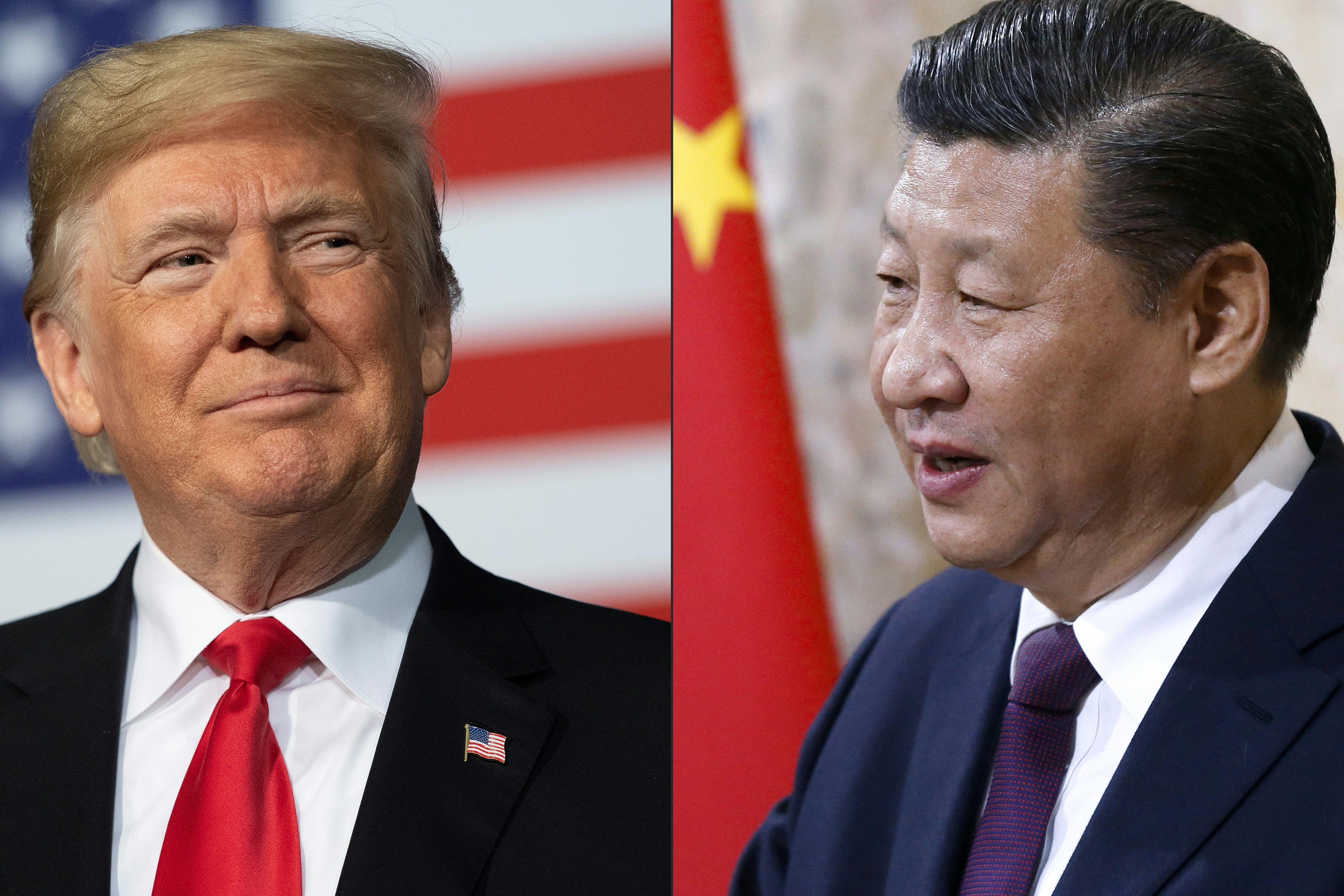
U.S. President Donald Trump (left) and Chinese President Xi Jinping.
Jim Watson and Peter Klaunzer | Pool, AFP | Getty Images
Analysts say Beijing made a “strategic error” in alienating its allies in Washington as tensions between China and the U.S. intensified.
Last week, the conflict between the world’s two biggest powers came to a head as both ordered the other to shut down their respective consulates. Washington asked China to close its consulate in Houston, and Beijing retaliated by announcing that the U.S. consulate in the Chinese city of Chengdu must shut.
China has no more allies in Washington, even among the Democrats, analysts pointed out during a virtual conference organized by Singapore-based bank DBS on Thursday.
China’s biggest strategic error was to alienate its number one friendly constituency in the United States, which was the American business community.
Kishore Mahbubani
Asia Research Institute, National University of Singapore
Robert Kaplan, senior advisor at Eurasia Group, said the U.S. was comfortable with China’s system which was “enlightened, benign, collegial, technocratic authoritarianism,” but it has since evolved into a “one-man personality … repressive kind of regime.”
“The result of that is that China has no more friends in Washington … no friends in Congress, and not many friends among the Democrats. The left-leaning Democrats dislike China for the same reason the right wing Republications do, because the feeling is from the extremes of the U.S. that the Chinese regime has been in effect stealing American jobs,” he said.
Kishore Mahbubani, a distinguished fellow from the Asia Research Institute at the National University of Singapore, agreed. “China’s biggest strategic error was to alienate its number one friendly constituency in the United States, which was the American business community,” he said during the conference.
“Because frankly, for a long time in the past, for example in the mid 1990s, when President Bill Clinton wanted to pass some measures against China, the American business community immediately said: ‘Stop, stop, please don’t go there, China’s got a big market.’ They were always the one force that would prevent any major downturn in US-China relations. But what’s significant is that when President Trump finally launched his trade war against China … no one spoke up,” he added.
South China Sea rivalry
Tensions between both countries have been running high this year, as they squabble over various issues, including the origins of the coronavirus outbreak and China’s claims of ownership in the South China Sea.
“Unsolvable” issues keeping Washington and Beijing apart include the South China Sea, according to Kaplan.
The South China Sea has been a point of contention for both sides because China has aggressively claimed much of the waterway as its own, while the U.S. promotes freedom of navigation along the sea route. Countries including the Philippines, Taiwan and Vietnam also laid claim to parts of the resource-rich waterway.
“The United States and China have diametrically opposed ambitions and goals in the South and East China Sea. For China, the South China Sea is absolutely critical to control in order to allow China easy access to its growing Indian Ocean maritime empire … It’s like the British East India Company in reverse,” Kaplan said, referring to Britain’s efforts to dominate Asian trade routes hundreds of years ago.
“From the United States’ point of view … the United States is a Pacific power, as if it was actually located in East Asia — the legacy of World War II … Neither side is willing to budge an inch,” he added.
In a rare move earlier this month, the U.S. Navy sent two aircraft carriers to conduct operations and exercises in the region on July 4, Independence Day in the U.S. Beijing also carried out military exercises in the South China Sea from July 1 to July 5.
Additionally, Secretary of State Mike Pompeo hardened the U.S. stance on China’s claims in the South China Sea.
“Beijing’s claims to offshore resources across most of the South China Sea are completely unlawful, as is its campaign of bullying to control them,” he said in a press statement.
He added that the U.S. is aligning itself with a 2016 decision by the International Court of Justice in the Hague, which ruled that China has no historic title over the South China Sea.
The founder of Eurasia Group, Ian Bremmer, said the move to align itself with the court ruling means the U.S. directly denies China’s territorial claims in the region, and it could lead to military escalation.
“It’s a diplomatic decision but sets the stage for military escalation, with the pentagon likely to expand military exercises in the region, shadow Chinese naval vessels operating in other countries’ exclusive economic zones, and the like,” Bremmer wrote in a note last week.
— CNBC’s Evelyn Cheng and Abigail Ng contributed to this report.
Source: CNBC
